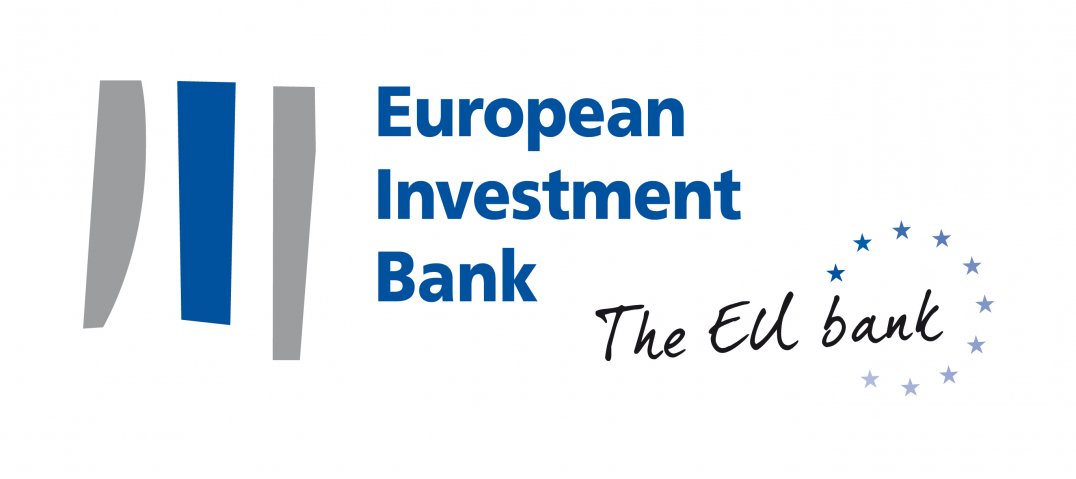

European Investment Bank
98-100, Boulevard Konrad Adenauer
L-2950 Luxembourg

Nearly five years into the recovery, economic growth in Europe continues to be less dynamic than in the US and China. With challenges to competitiveness in Europe persisting, it is time for a shift in European policy focus. Weak productivity growth, inefficient allocation of resources, unexploited synergies, diverging economic dynamics and long-term prospects call for a stronger emphasis on policies that will enhance the competitiveness of European firms. Reviewing the evidence on recent investment activity in Europe, this panel will discuss the driving forces, constraints, critical gaps, and the available options to address them. Will recovery and market forces be enough to address the gaps? Should governments step up their policies to Support competitiveness and investment efforts? What strategies are needed? Should they target the regional, country or EU level? Can the focus on strengthening the competitiveness of European firms become the new pulling force for Europe?
Presentation of the key results of the 2018-2019 Investment Report
The extraordinary policies implemented in the last years have been successful in improving financial conditions throughout Europe and beyond. While normalisation of monetary policy has started, the long-term benefits of these policies are still materialising, with some process of financial re-integration within the EU and increased diversification in the forms of finance available. Looking forward, how self-sustained are these achievements? Is the European financial sector able to attract all available resources, transform and allocate them efficiently across countries, sectors and firms? Does the European market offer appropriate finance needed to support innovation and growth? Can long-term savings be more efficiently allocated to support growth? Is there enough equity demand and financing? What are the regulatory obstacles and how important are they?
The future of labor and the university system in Europe
Jean Tirole, Chairman, Toulouse School of Economics and the Institute for Advanced Study in Toulouse - awarded with the Nobel Prize in Economic Sciences in 2014Session A1 – Digitalisation – the Productivity Puzzle
Chair: Reinhilde Veugelers, Professor in the Department of Management, Strategy and Innovation, KULeuven
Eric Bartelsman, Professor of Economics, Vrije Universiteit Amsterdam
Diego Comin, Professor of Economics, Dartmouth College
James Manyika, Chairman and Director, McKinsey
Giuseppe Nicoletti, Head of the Structural Policy Analysis Division, OECD
Session B1 -Skills – what causes the gaps in the EU?
Chair: Jan Svejnar, Director of the Centre on Global Economic Governance, Columbia University
Maarten Goos, Professor of Economics, Utrecht University
Juan Francisco Jimeno, Head of Research Division, Bank of Spain
Klaus Zimmermann, GLO President, University of Bonn
Inez von Weitershausen, Associate Industrial Performance Centre, MIT
Session C1 – Macroeconomic benefits – moving towards more market based finance
Chair: Karel Lannoo, CEO, Centre for European Policy Studies
Olivier Garnier, Director General for Economics and International, Banque de France
Roger Havenith, Deputy CEO, European Investment Fund
Eli Noam, Professor of Finance and Economics, Columbia Business School
Boris Vujčić, Governor, Croatian National Bank
Session A2 – Digital Transformation – enablers and consequences
Chair: Reinhilde Veugelers, Professor in the Department of Management, Strategy and Innovation, KULeuven
Steve Leonard, Founding CEO and MIT REAP Team Singapore Champion, SG Innovate
Laura Piovesan, Head of the Innovation and Competitiveness Department, Projects Directorate, European Investment Bank
Hugo Spowers, CEO, Riversimple Movement Ltd
Hans-Georg Schnauffer, Program Manager, Plattform Industrie 4.0
Session B2 – Skills in the CESEE region
Chair: Jan Svejnar, Director of the Centre on Global Economic Governance, Columbia University
Ralph de Haas, Director, European Bank for Reconstruction and Development
Laura Papi, Assistant Director European Department, International Monetary Fund
Hans Timmer, Chief Economist Central Europe World Bank
Session C2 – Understanding impediments and incentives to foster EU equity base
Chair: Karel Lannoo, CEO, Centre for European Policy Studies
Federico Galizia, Chief Risk Officer, Inter-American Development Bank
Cecile Mayer-Levi, Co-Head of Private Debt, Tikehau Capital
Giorgio Barba Navaretti, Professor of Economics, University of Milan
Martin Spolc, Head of Capital Markets Union, FISMA, European Commission
The ongoing recovery offers a unique opportunity for Europe to focus on tackling structural problems and take action to improve its productivity and long-term competitiveness. Innovation and technological progress are the most important drivers of economic growth over the longer term – but does Europe have the right policies in place to enable and stimulate them? The panel will debate the policy options to meet the European challenges on technological transformation, skills, and financing. How can the specific financing needs of innovative firms be met best? What are the implications of technological change for skill policies? How can Europe facilitate the spread of innovation and its firms to push the technological frontier?